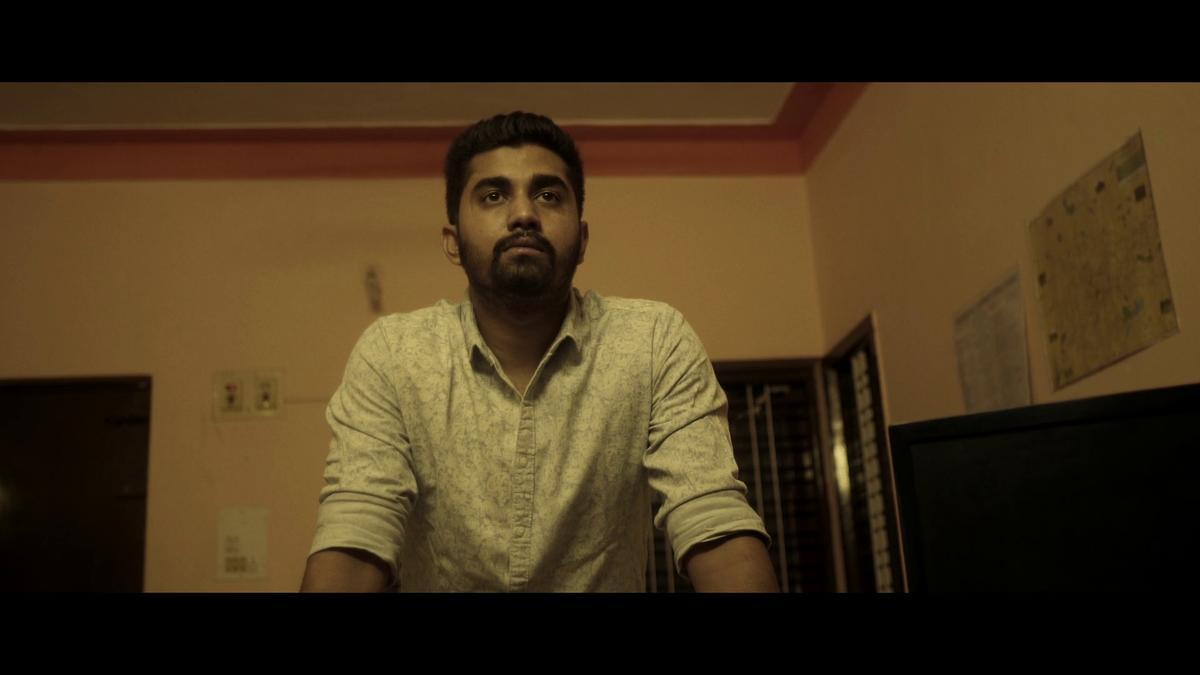
Sourabh Shukla, whose bio describes him as a “self-taught filmmaker who made a drastic shift in his career from being an engineer at an MNC to pursuing his passion for filmmaking,” has achieved a remarkable feat with his award-winning Kannada indie film, ‘1888’. However, considering the notable number of engineers who have transitioned into filmmaking in this region, it seems that studying engineering almost acts as a prerequisite rather than a drastic shift.
In India, there is a burgeoning trend where hundreds of engineers, DSLR in hand, leap into the filmmaking bandwagon aiming for the limelight. It is an intricate industry where success often requires not just luck and talent but also skill and relentless perseverance. While luck and talent may be beyond one’s control, skill and perseverance can indeed be nurtured. Sourabh, who has devoted nearly two decades to self-teaching filmmaking, exemplifies this principle. The recognition he has garnered at various film festivals—such as the Best Director Award at the Onyko Film Awards 2023 in Ukraine and the Outstanding Achievement Award for Best Debut Filmmaker at the World Film Carnival 2023 in Singapore—for his Kannada feature ‘1888’ attests to his diligence and passion.
The 115-minute thriller film ‘1888’, set against the backdrop of India’s 2016 demonetisation period, follows the journey of three characters entangled in a high-stakes chase for a bag of cash. Central to the plot is a former actress-turned-politician, an LIC agent, and an enigmatic individual, each driven by unique motivations to lay hands on the elusive cash. The film’s title originates from a car’s license plate number, which becomes a crucial element in the storyline. The cast features Neethu Shetty, who has notable credits in Malayalam and Kannada cinema, having appeared in films like ‘Photograph’ opposite Mohanlal and ‘Gaalipata’ alongside Ganesh and Ananth Nag.
“We commenced work on the film in 2017, shortly after demonetisation. Our goal was to scrutinize its effect on various facets of society. We dived deep into our research, which included interviews with undercover cops and IB agents,” Sourabh explains. “Our journey was fraught with challenges such as footage deletion, necessitating reshoots of several portions. The entire filmmaking process, inclusive of editing, festival submissions, and marketing, spanned around four to five years.”
Recently, Amazon Prime and Apple TV acquired the rights to stream ‘1888’. It is also accessible through pay-per-view services like Movie Saints as well as the free streaming platform VDOJar.
.
Despite the film’s festival success and accolades, Sourabh expresses a mix of pride and frustration regarding the journey of ‘1888’. “Receiving awards and recognition at film festivals was a pleasant surprise,” Sourabh admits. “However, securing a broader audience via OTT platforms proved to be particularly challenging.” They had aspired for a theatrical release, intending to stray from the typical art-house genre and tap into mainstream cinema. Nevertheless, the pandemic and waning theater attendance redirected their course towards the festival circuit, hoping to attract major OTT platform deals through critical acclaim—a hope that didn’t come to fruition.
Recounting the obstacles indie filmmakers face, Sourabh notes, “OTT platforms evaluate factors like language, star cast, marketing, and genre. As an independent filmmaker, I had not foreseen these multifaceted challenges. Specifically, Kannada films face additional hurdles in earning traction. The contemporary market demands a thorough consideration of myriad elements beyond just creating a film.”
Despite these impediments, Sourabh remains unwavering in his commitment to filmmaking. Though he acknowledges the significant transformations the industry has undergone, particularly in the post-COVID era, marked by the rise of streaming platforms and social media, he stays hopeful. “The new dynamics have indeed altered content consumption patterns. Audiences now grapple with shortened attention spans, and there’s a staggering abundance of bite-sized content like Reels and Shorts,” he observes.
Such changes prompt introspection and speculation about the future of feature-length films. “There are looming questions about whether people are still keen on watching longer films. I ponder if today’s audiences would venture to theaters for a classic like ‘Ben-Hur’ if it were released now. Independent filmmakers like myself are constantly challenged with creating films that resonate with contemporary viewers,” Sourabh articulates, encapsulating the uncertainty that indie filmmakers navigate in the current landscape.
Published – October 01, 2024 02:51 pm IST
The Hindu MetroPlus












